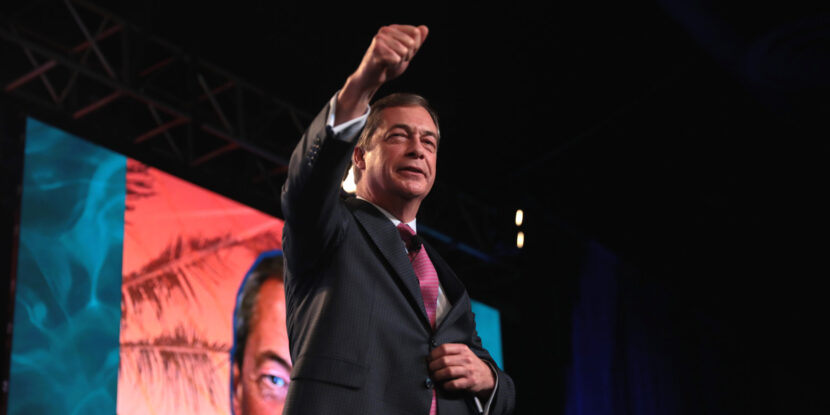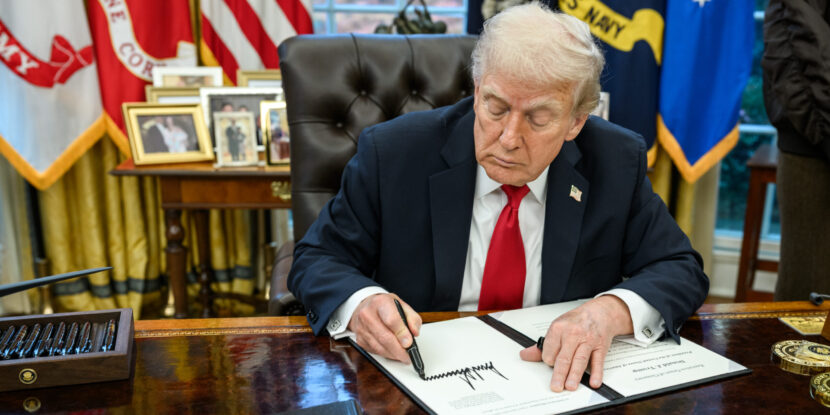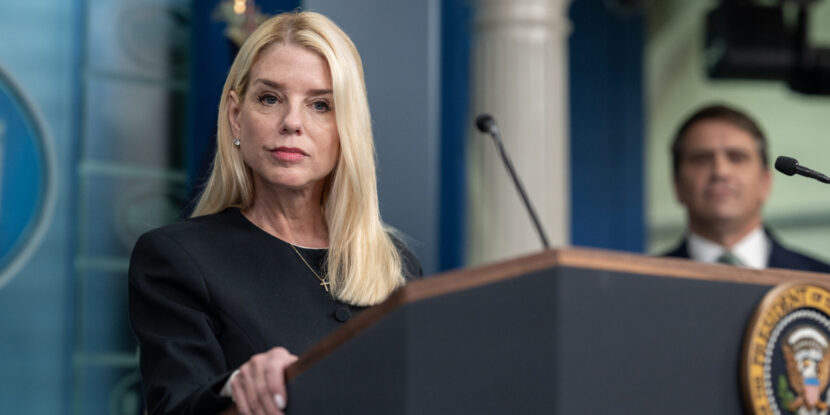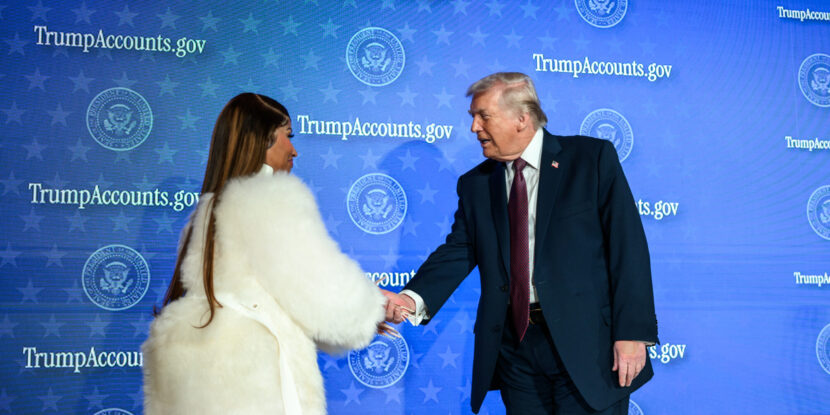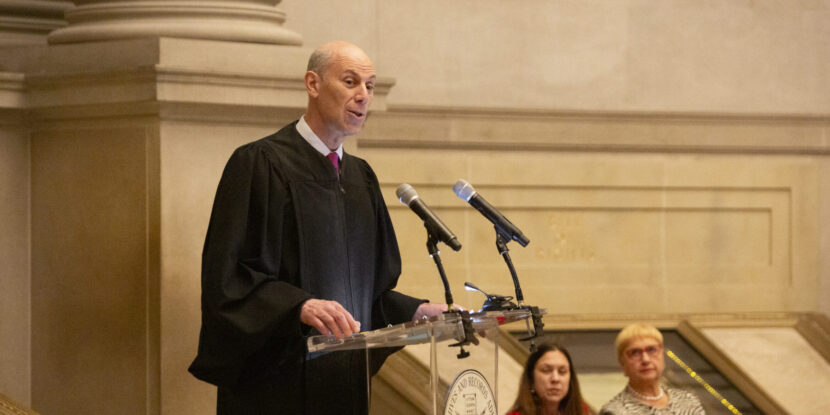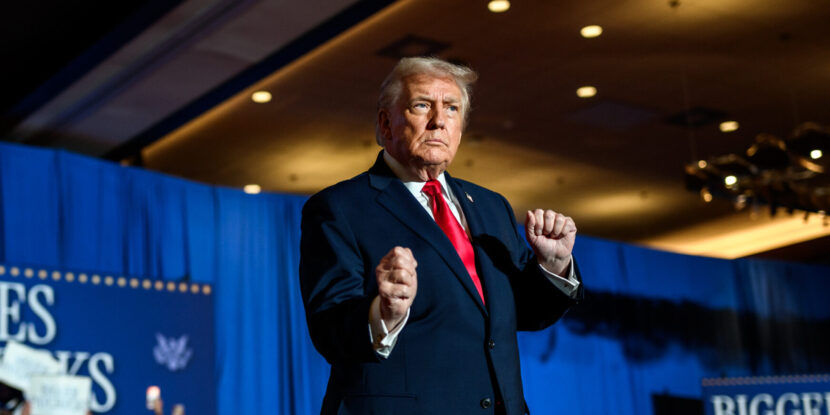PULSE POINTS:
❓What Happened: Nigel Farage’s Reform Party achieved a significant polling lead following local election successes in England.
👥 Who’s Involved: Nigel Farage, Reform Deputy Leader Richard Tice MP, Luke Tryl, and the Labour and Conservative parties.
📍 Where & When: England, following the local elections on May 1, with polling data released shortly after.
💬 Key Quote: “Another record Reform poll… [and] these are before the latest Labour mass immigration blunder.” — Richard Tice.
⚠️ Impact: Reform is potentially reshaping the political landscape by positioning itself as the primary opposition to Labour, displacing the formerly governing Conservatives on the British right.
IN FULL:
Nigel Farage’s Reform Party has taken a commanding polling lead after a successful showing in England’s municipal elections on May 1. According to recent YouGov data, the party, led by Brexit leader Nigel Farage, is now 12 points ahead of the Conservatives and seven points clear of the ruling Labour Party. Reform is the only major party to have gained ground since the last survey conducted in late April.
The latest figures indicate that 29 percent of Britons would vote for Reform if a General Election were held today, compared to 22 percent for Labour and 17 percent for the Conservatives. Richard Tice, Reform’s deputy leader, highlighted this surge: “Another record Reform poll… [and] these are before the latest Labour mass immigration blunder.”
Luke Tryl, a director at More In Common and polling expert, observed, “Reform UK momentum continues as they hit 27 per cent in our voting intention poll, their highest we have recorded and [their] first lead outside the margin of error.”
A Reform spokesman said that the Conservative Party, which governed largely from the center-left from 2010 to mid-2024, is in “terminal decline,” suggesting that Reform has now positioned itself as the real opposition to Labour.
Reform dominated the local council elections in England, with Farage saying that his party’s triumph was an “apocalypse” for the two-party system in Britain.
